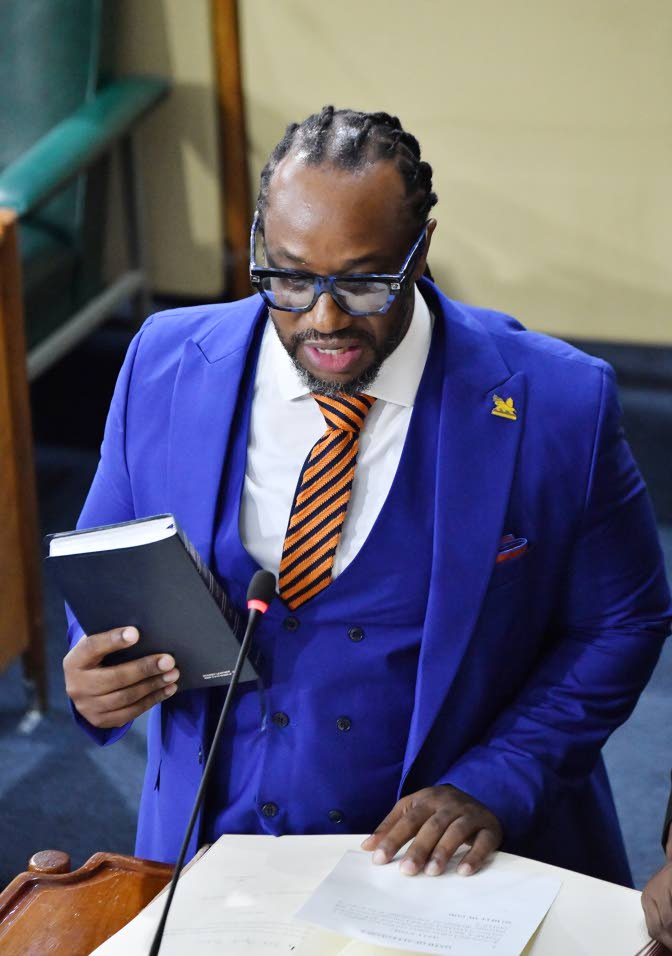In a groundbreaking moment for Jamaica, four male parliamentarians are now proudly wearing dreadlocks, marking a significant shift in the acceptance of Afro-centric identity and Rastafarian culture within the nation’s political landscape. This historic development includes first-time Member of Parliament (MP) Isat Buchanan and Damion Crawford from the Opposition benches, along with Allan Bernard in the Senate. On the Government side, Alando Terrelonge retained his dreadlocks as he was sworn in for his third consecutive term.
Speaking to the Jamaica Observer outside Gordon House, Buchanan, the new MP for Portland Eastern, emphasized the symbolic importance of this milestone. He highlighted the long-standing discrimination and stereotypes faced by individuals with dreadlocks, particularly within Jamaican society. Buchanan, who previously challenged the government in court over Rastafarian hair and Afro-identity rights, described this moment as a major step forward in the country’s journey toward inclusivity and cultural acceptance.
Buchanan stressed the importance of representation, noting that Jamaica’s progress in embracing its Afro-centric roots and Rastafarian heritage is a testament to the nation’s evolving identity. He also underscored the need for unity and equality, asserting that cultural background or personal preferences should not hinder anyone’s opportunities in life.
Crawford, the new MP for St Catherine North Western, echoed these sentiments, emphasizing that the presence of dreadlocked MPs reflects the true essence of Jamaican identity. He pointed out that the acceptance of dreadlocks in political spaces signals a broader shift toward embracing “Jamaicaness” as a unifying cultural force.
However, Steven Golding, president of the Universal Negro Improvement Association and African Communities League, cautioned against conflating dreadlocks as a hairstyle with the Rastafarian faith. He emphasized that Rastafari is a religion rooted in the divinity of Haile Selassie, and not all individuals who wear dreadlocks adhere to this belief. While acknowledging the positive impact of increased acceptance, Golding called for clearer distinctions between cultural expression and religious identity.
This historic moment in Jamaica’s Parliament not only celebrates the growing acceptance of dreadlocks but also highlights the ongoing dialogue about identity, representation, and cultural heritage in the nation.
